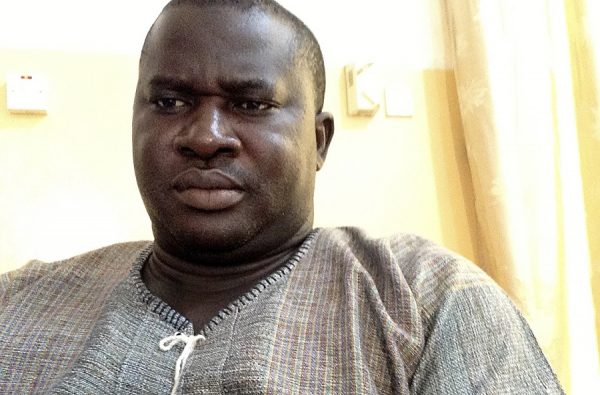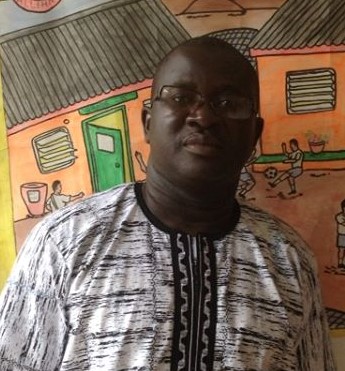
If any institution, and group of people, is to play a critical and crucial role in the ushering of a ‘new’ Gambia and ‘new’ citizens, anchored on and actualising the values of justice, equality, progress, equity, human rights, dignity, democracy, good governance, constitutionalism and all that people who aspire for a free society want for themselves, none is more suited for that leadership than the University of The Gambia and academics, our highest citadel of learning, main training ground of minds and reservoir of ‘employees’ for the public and private sector.
Of course for many of us “…… the primary responsibility of the university is to educate its students, to expand their knowledge, to teach them to pursue the truth and to develop their intellectual and vocational life. The university can also help students make decisions about their personal lives, about freedom and responsibility and about the kinds of ethical codes that might guide them. In so doing the university actively develops the critical capability of students to think problems through that arise in their lives” James Arthur in the book ‘Citizenship and Higher Education, the Role of Universities in communities and societies’
But much more, the University owes other obligations to the greater society, not just the creation of knowledge and birthing students who would go to fill positions in the public, private and civil society sectors. The University ought to be the leader or play the leadership role in the ‘new society’ we are building, setting the agenda for all of us, identifying the issues and directing how we can reach our destination.
The Industrial Revolution of Europe was preceded by the Age of Enlightenment or the Renaissance, and the academia and intellectuals set both the pace and the agenda and seriously influenced these processes. ‘New’ Gambia should be able to benefit from the great minds of the crop of intellectuals at the University of The Gambia, engineering social consciousness in citizenship and lighting the pathways for citizen engagement with their governors, for the strengthening of accountability, transparency, citizenship, etc.
Universities in Africa and across the world have played, and continue to play, a great role in the fight against dictatorship and tyranny and in the building of democratic societies. University is a seedbed for nurturing of critical minds, revolutionaries and radicals, people who know that on their shoulders lie the onus of creating and building freer, democratic societies, and who imbibe values which propel them to put their knowledge and faculties at the disposal of society. The University of The Gambia should thus help to define, build and advance this ‘citizenship culture’.
Just as James Arthur asked in his book, aforementioned, we can ask the same of the University of The Gambia:
What are the University’s civic and ethical responsibilities?
What is the University doing to produce a new generation of leaders who have an interest in promoting the common good?
Is the University interested in the ‘character’ of its students? How would it, or is, shaping these?
How does the university promote the culture of citizenship?
For the University of The Gambia to be able to play this leadership role though, there must be academic freedom, “the right of university faculty to follow their research wherever it leads them, and to teach their students on the basis of their own best understanding of the truth”. There must be no threat, covert or subtle, against this right to freedom of thought, no self-censorship by faculty members and, as pointed out by the United States Supreme Court in Keyishian v. Board of Regents (1967), there should be no ‘laws that cast a pall of orthodoxy over the classroom.’
The shape that the ‘new’ Gambia and the ‘new’ Gambian must take, out of the exercises of the TRRC and the Constitutional Review and the implementation of the National Development Plan, can be greatly influenced by the University of The Gambia. I hope it would rise to the occasion and show the way. I hope.












